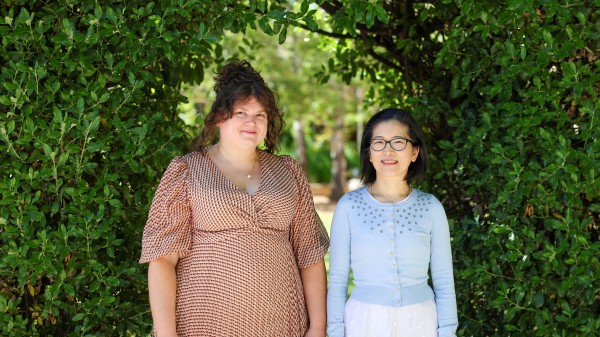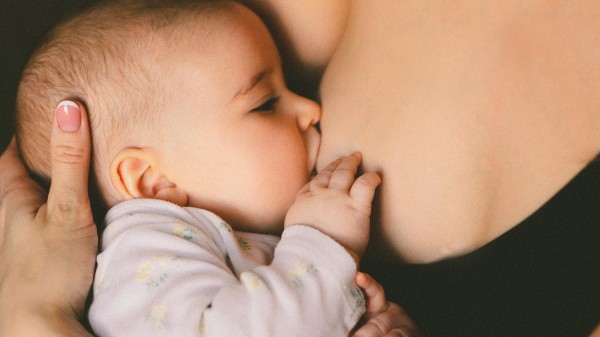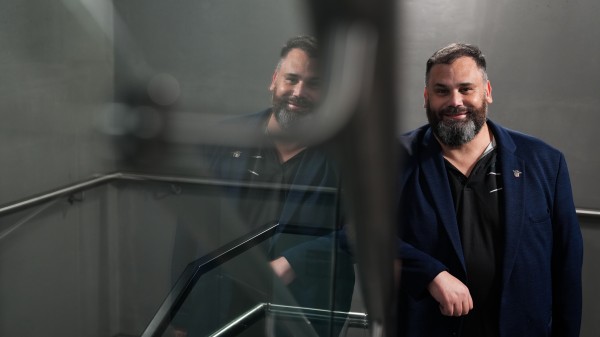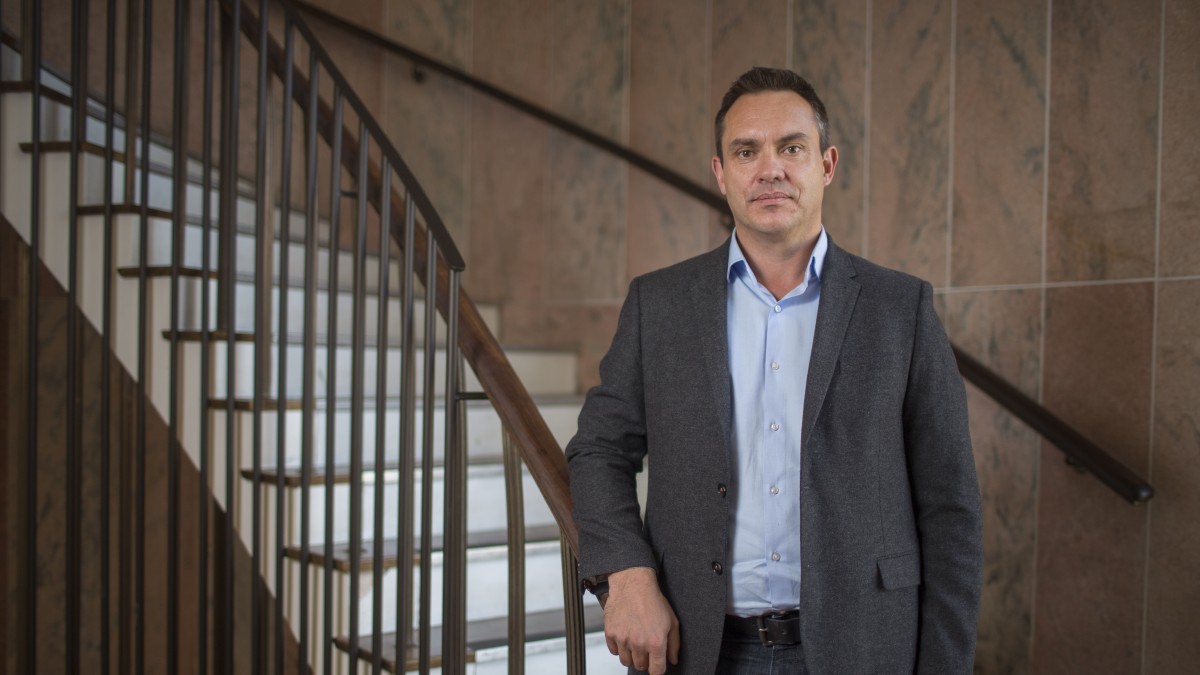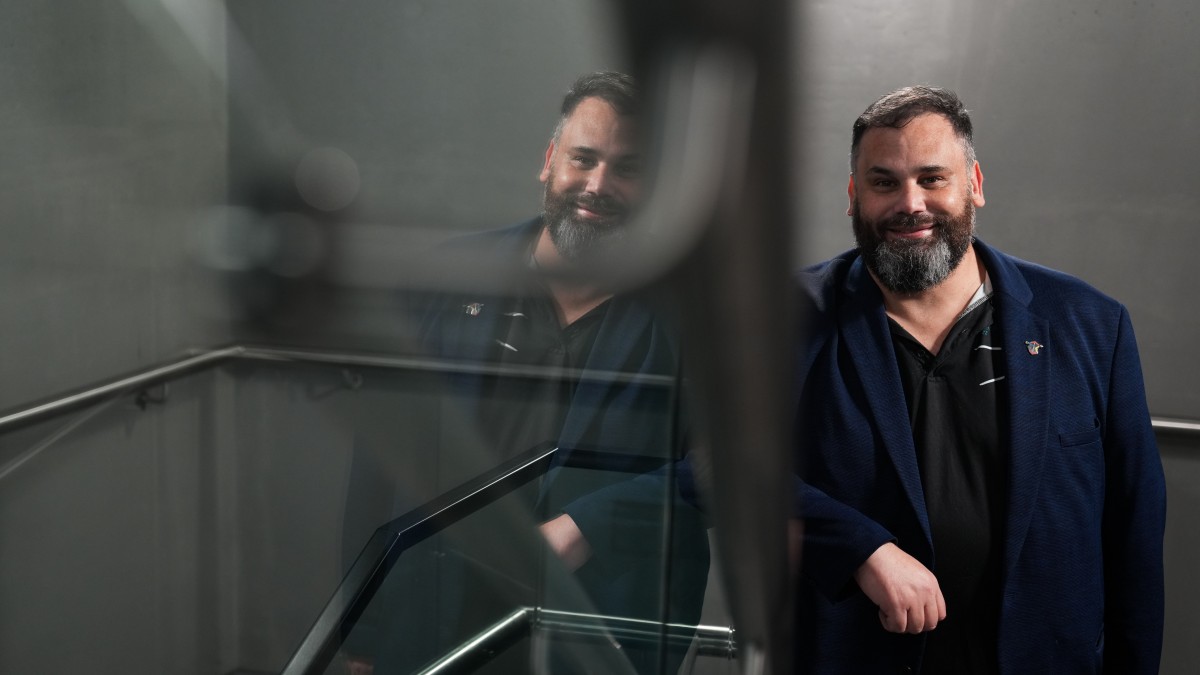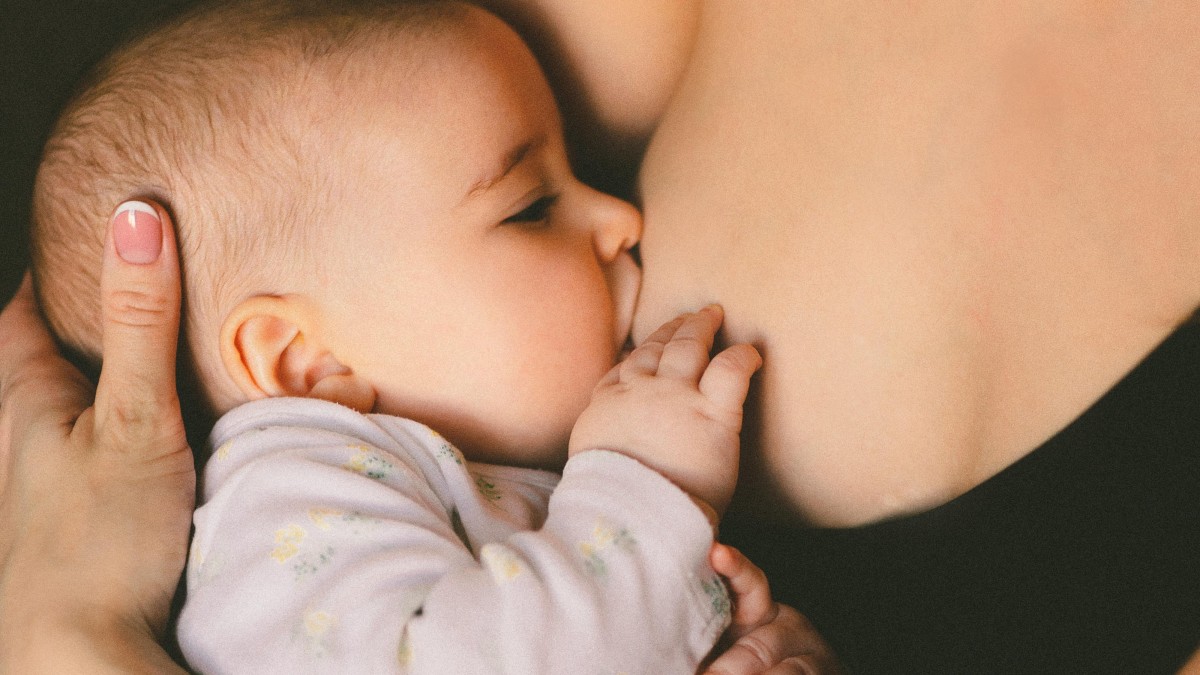A lack of national-level information has made improving outcomes on Aboriginal and Torres Strait Islander cancer challenging, but a new study designed, led and controlled by First Nations Australians is seeking to change this.
The Kulay Kalingka study aims to address the systemic failure to understand the causes and contributors to cancer, participation in cancer screening and how treatment for cancer is experienced by Indigenous people and their families.
In 2012 to 2016, the incidence of all cancers was 14 per cent higher among Aboriginal and Torres Strait Islander peoples compared with non-Indigenous people. However, this inequity widens when it comes to cancer-related deaths.
From 2015 to 2019, the mortality rate for all cancers among the Aboriginal and Torres Strait Islander population was 45 per cent higher than in the non-Indigenous population. This made cancer the leading cause of death for Indigenous peoples, with lung, breast, colorectal, prostate and head and neck cancers the most common diagnoses.
Kulay Kalingka translates to “net bag in the water” in Ngiyampaa (Wongaibon) language of the dryland people of central west New South Wales. It’s a reference to the use of woven net bags to process highly toxic foods in slow-moving streams so they are safe to consume.
In this spirit, the study hopes to support Aboriginal and Torres Strait Islander peoples to be safer from the harms of cancer—from prevention and screening to treatment.
Aboriginal and Torres Strait Islander peoples are seeking treatment at the later stages of cancer and have lower rates of hospitalisation, primarily due to barriers such as location, cost and limited transport.
Cultural interpretations of cancer can also affect outcomes, with community beliefs about the disease varying.
Shavaun Wells, a proud Taungurung woman and Kulay Kalingka Study Manager at ANU, says many Aboriginal and Torres Strait Islander peoples understand that tobacco, poor diet and other risk factors cause cancer.
“However, people often look to external factors to explain things that are happening to them, rather than looking to factors within their own control—noting that some are related to powerful addictions and should be treated as such,” Wells says.
“Many communities report that negative experiences accessing health services are a big barrier.”
Lack of awareness and misinformation also impede screening initiatives and places a heavy burden on those diagnosed with the disease, as well as their families, friends, carers, Elders and the broader community.
Addressing under-investment
“In Australia, ongoing settler-colonial structures, policies and practices, including discrimination and racism, have actively resulted in disparities in health outcomes for Aboriginal and Torres Strait Islander peoples,” Wongaibon (Ngiyampaa) man Professor Ray Lovett, from the National Centre for Aboriginal and Torres Strait Islander Wellbeing Research at ANU, says.
It is important that Cancer Australia is investing in the development of Aboriginal and Torres Strait Islander data through a set of National Cancer Control Indicators (NCCI). The indicators are designed to monitor progress across prevention and early detection, screening, patient journeys, and care coordination and communication, including after-care and end-of-life care. No data exists for more than half of the NCCI indicators.
“Kulay Kalingka will inform NCCI data, ensuring it is contextual and community-driven,” Lovett says. “We are interested in Aboriginal and Torres Strait Islander peoples’ understandings of cancer and experiences of cancer treatment.”
Kulay Kalingka is the first study of this kind in Australia and is led, designed and implemented by an Aboriginal and Torres Strait Islander research team at ANU, funded by Cancer Australia.
The study team has partnered with community organisations, including the Wiradjuri Condobolin Corporation, Ebenezer Aboriginal Corporation, Carbal Medical Services and many others, to help collect surveys.
This article was first published in the ANU Reporter.





